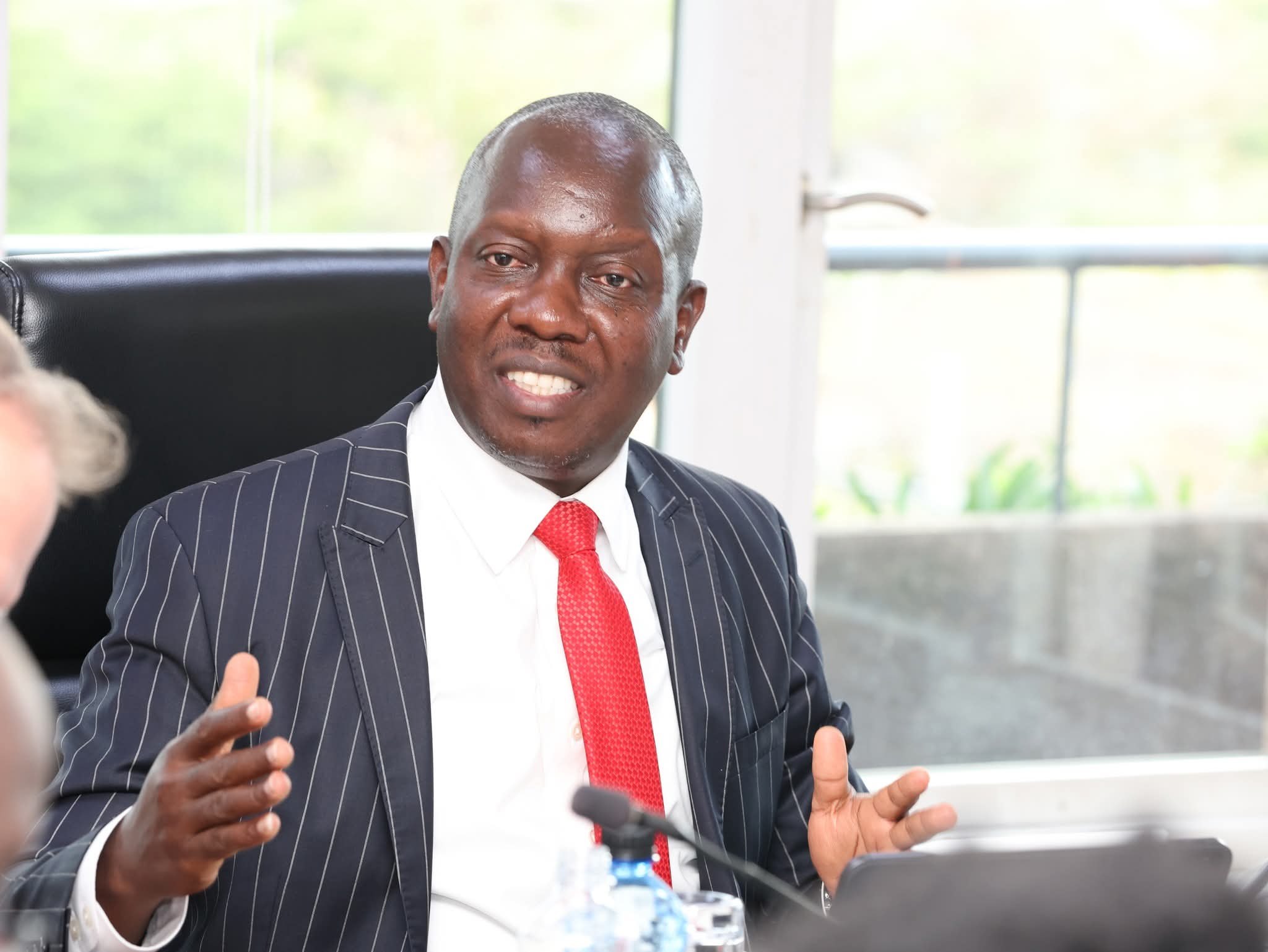 Director of Public Prosecutions (DPP) Renson Ingonga. Photo Courtesy.
Director of Public Prosecutions (DPP) Renson Ingonga. Photo Courtesy.
By Andrew Mbuva
Director of Public Prosecutions (DPP) Renson Ingonga yesterday appeared before a Senate watchdog committee to defend his office over the controversial withdrawal of 18 criminal cases involving county governments, a move that has raised concern over accountability in the fight against graft.
The County Public Accounts Committee (CPAC) said it was deeply troubled that despite billions of taxpayers’ shillings being lost, suspects were discharged without clear explanations.
The senators pressed the DPP to justify why the cases, some dating back to 2013, were withdrawn without consultations with the Ethics and Anti-Corruption Commission (EACC).
EACC Chief Executive Officer Abdi Mohamed, who had earlier testified before the Committee, said 17 of the cases were dropped in court by the DPP while one was withdrawn after consent was initially issued. He lamented that investigators were never consulted on the decisions.
“While we are not questioning the withdrawals, it is our humble plea that as investigators, they should at least inform us when making such decisions,” Mohamed told lawmakers.
According to a report presented to the Senate, Isiolo County had the highest number of withdrawn cases at three, while Makueni, Tharaka Nithi, Garissa, Turkana, Nakuru, Nyeri, Embu, Kericho, Nyamira, Kitui, Taita Taveta, Kwale, Meru and Kakamega each recorded one.
Senator Okongo Omogeni challenged Ingonga to admit that Kenya faces a deeper prosecution problem, arguing that the gulf between the DPP and the EACC was undermining justice. “There is a clear disconnect between the office of the DPP and the EACC,” he said.
But Ingonga insisted his office acted within constitutional limits, noting that the DPP holds exclusive powers to withdraw criminal cases.
The EACC bosses, however, revealed that the Commission receives up to 3,000 complaints every day but has only 200 investigators to handle them. To cope, the agency has adopted a policy of prioritising cases based on public interest, value for money, and the profile of the accused.
EACC chairperson David Oginde urged Parliament to consider strengthening laws governing prosecutorial powers to help the Commission fulfil its anti-graft mandate.